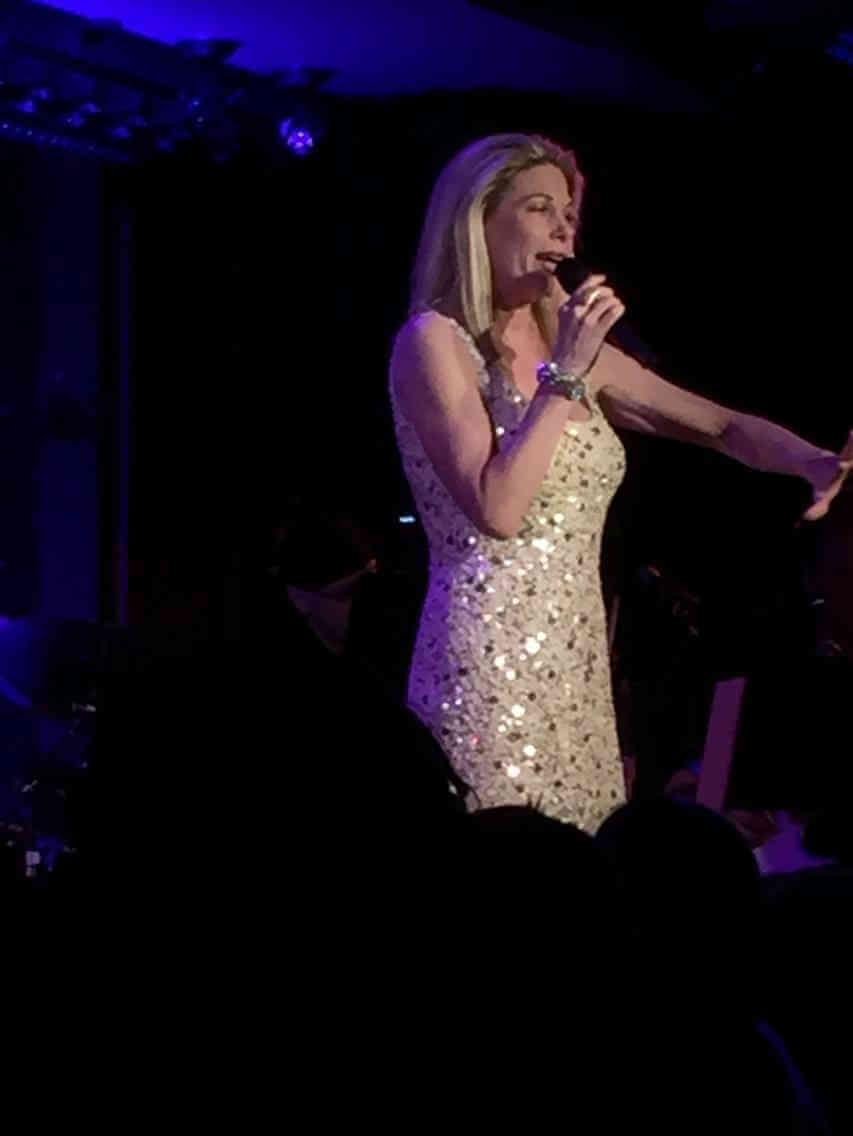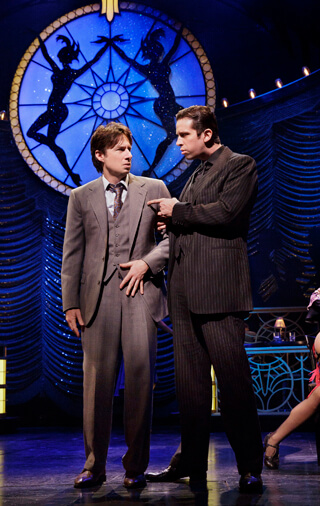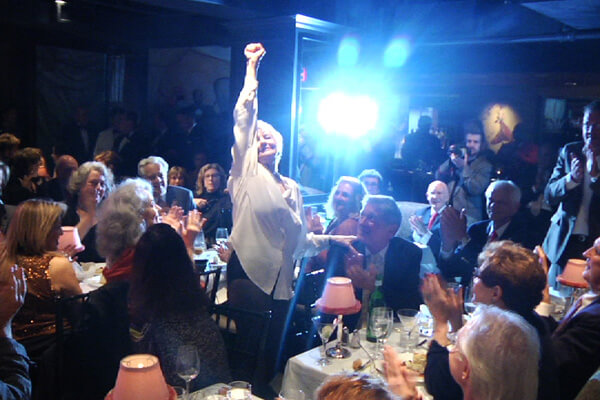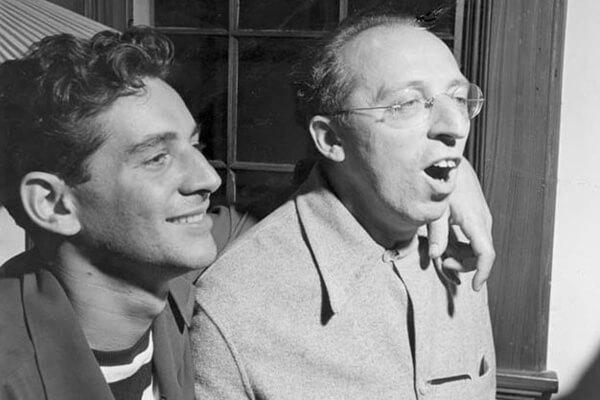If you were lucky enough to catch the Michael Blakemore-directed 1999 revival of “Kiss Me Kate,” then you experienced pure musical theater bliss. And no one was more responsible for this than Marin Mazzie, who succumbed to ovarian cancer at her home in Manhattan on September 13 at age 57 .
The role of Lilli Vanessi encompassed all of Mazzie’s best qualities: she dazzled with charisma and was big, bold, and brassy, gorgeously laminating Cole Porter’s deliciously immortal songs with her rich, velvety, clarion voice. And, when she gave forth on “I Hate Men,” she kicked mincing, ear-piercing little Kathryn Grayson (from the 1953 MGM movie) right out of the room in my memory, turning it into a ferociousy funny diatribe aimed at the truly weaker sex.
But this was but one of so many remarkable highlights in a Broadway career that spanned three decades, starting with a replacement gig in “Big River” in 1985. Her first Tony nomination came in 1994 for Stephen Sondheim’s “Passion,” and she gained two more for her exemplary work in “Ragtime” (1998) and “Kate.” One of her final Broadway appearances was as tempestuous diva in Woody Allen’s “Bullets Over Broadway,” a role she won over just about every other covetous actress in the business.
Mazzie hailed from Rockford, Illinois, the child of musical-loving parents who had her taking singing lessons by age 12. She attended Western Michigan University in Kalamazoo and came to New York in 1982. At 24, her singing deeply impressed Sondheim himself, who would coach her for his La Jolla revival of “Merrily We Roll Along” — teaching her the vital difference between the words “so there’s hell to pay,” and “and there’s hell to pay,” which she had mistakenly substituted in the song “Not a Day Goes By.” While in a production of Charles Mee’s “The Trojan Women: A Love Story,” she met actor Jason Daniely, whom she married the next year and worked with again in concerts and as replacements in the Pulitzer Prize-winning “Next to Normal” (2010). He stood steadfastly by her after her diagnosis for cancer in 2015, and the two became valiant health advocates, speaking openly about her illness and treatment.
Cancer was a challenge but never it stopped this indomitable soul who defiantly continued to work, replacing Kelli O’Hara in “The King and I” to rapturous reviews and in the Encores! revival of “Zorba!”, which actually opened on the day of her diagnosis. As the Chorus, she opened the show with the Fred Ebb lyrics “Life is what you do while you’re waiting to die. Life is how time goes by,” and how she managed to get through that is one of the miracles of stage professionalism and pure joy in the art.
Offstage, I found Mazzie immensely warm and down to earth, even as she radiated the ultimate, glowing blonde diva glamour. I asked her in a 2015 Gay City News interview how important was it to have a happy personal life in a business where many eschew it in search of a Tony or Oscar.
“That’s definitely part of who I am,” she responded. “Yes, Jason and I are very definitely on the same wavelength as far as all that goes, because this business is crazy, unpredictable with its ups and downs. It’s very important to us to focus on our work and selves, staying healthy and being artists and creating. We thought about having kids, but it was all about the timing of when we met and how old I was when we got married [he was 10 years younger]. It wasn’t in the cards for us, which was our choice, a good one for us. We have Oscar, our dog who is our child, and I really didn’t feel like I needed to add to the surplus population… horrifying phrase.”
On the night of writing this, the Broadway theatrical community will celebrate Mazzie’s life by dimming all its lights — not just some as was originally planned, which was met with justifiable anger.
Daniely posted on Facebook: “Don’t let the disease take away anything more from Marin than what it already has. Remember her as Clara, as Mother, as Kate, as Dulcinea, as The Lady of the Lake, as Margaret White, as Diana Goodman, as a favorite Sondheim interpreter, as a concert artist who brought joy to people around the world in cabaret, concert halls, and with symphony orchestras.
“Remember her as a true champion of the art of Music Theatre. Not just as a popular entertainment but as the highest form of the art form that reflects and examines life and all of its complexities, putting it to music and prose and dance and having all of those disciplines shine through the artists, those who have made it their life mission to hone, polish, and shine their talents, so that we might learn from our past and set a beacon for the future, in art, yes, but also in life.”



































